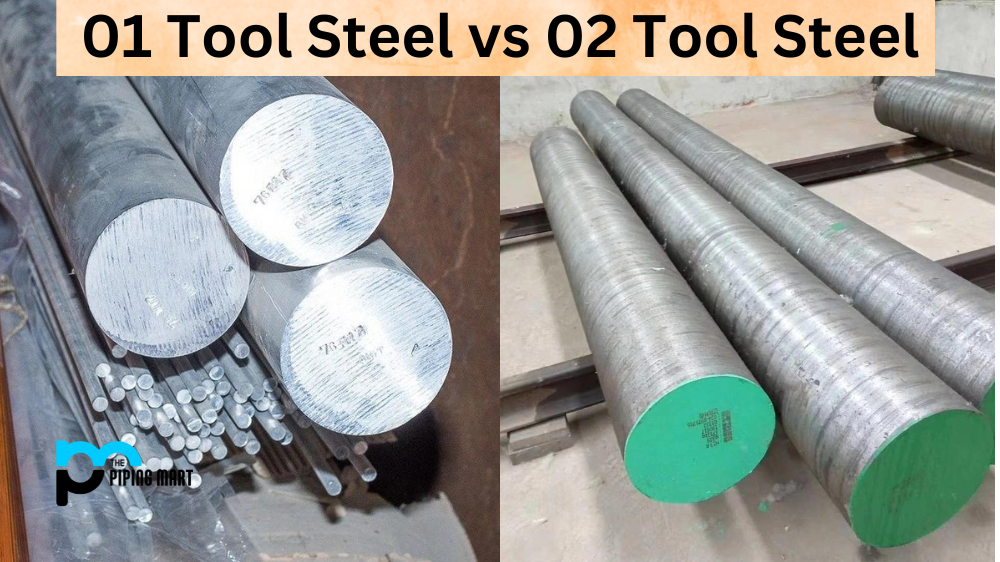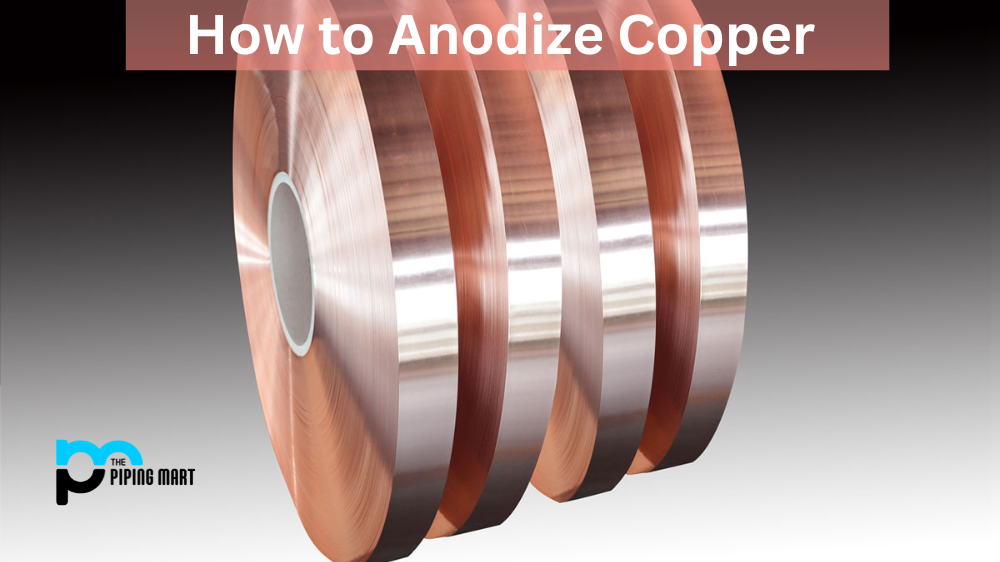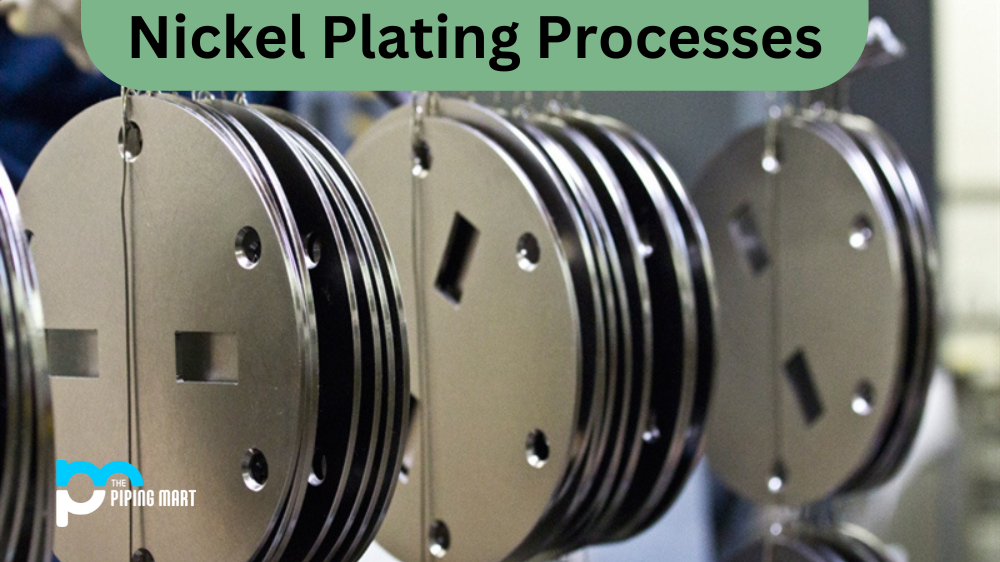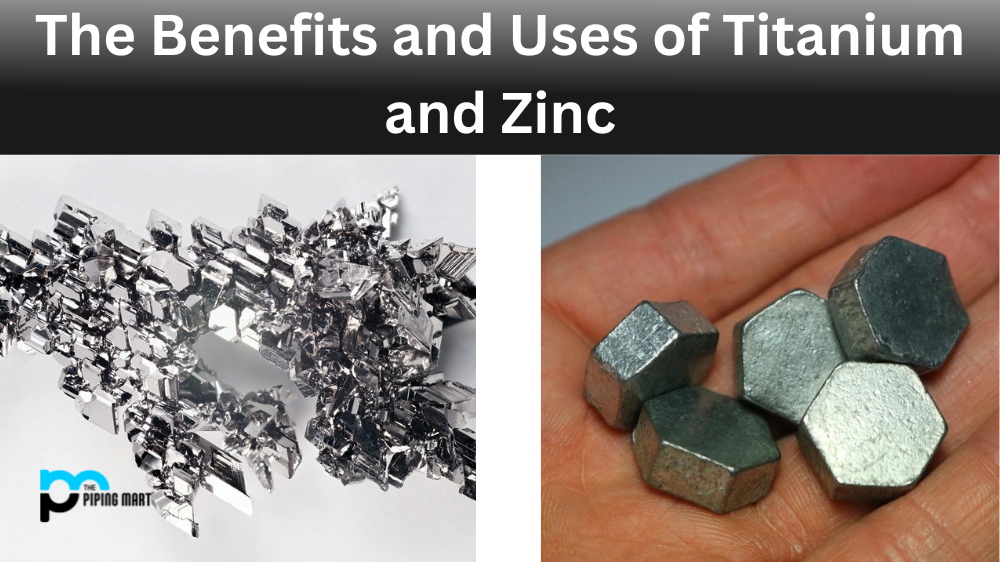In the world of tool making, the choice of steel can greatly impact the outcome of the final product. 01 and 02 tool steels are two of the most commonly used tool steels out there. But what exactly is the difference between them? This blog post will discuss the differences between 01 and 02 tool steel and what sets them apart.
What is Tool Steel?
Tool steel is a carbon and alloy steel used in tooling applications. The defining characteristic of tool steel is its ability to maintain its hardness and toughness at high temperatures, making it ideal for use in cutting and forming materials. Both 01 and 02 tool sheets of steel are high-carbon tools commonly used for their excellent heat treatability and wear resistance.
What is 01 Tool Steel?
01 tool steel, also known as A2 tool steel, is an air-hardening, non-deforming tool steel known for its toughness and resistance to abrasion. It has a composition of 1% carbon, 5% chrome, and 1.25% manganese. 01 tool steel is often used in applications that require high hardness and toughness, such as woodworking and stamping dies. Due to its excellent resistance to wear, it is also commonly used in metal-cutting applications.
What is 02 Tool Steel?
02 tool steel, also known as D2 tool steel, is a high carbon, high chromium tool steel known for its excellent wear resistance and edge retention. Its composition comprises 1.5% carbon, 12% chromium, and 0.8% molybdenum. 02 tool steel is often used in applications where extreme wear resistance is needed, such as in producing cutting tools, shear blades, and punch dies.
Difference Between 01 Tool Steel and 02 Tool Steel
Properties
Although both steels have similar properties, there are some differences between them to be aware of. 01 tool steel offers better toughness and shock resistance than 02 tool steel. It can withstand bending or deformation without breaking, making it an ideal choice for tooling applications. On the other hand, 02 tool steel offers better wear resistance due to its high chromium and molybdenum content, making it ideal for applications where tools are subjected to heavy wear and tear.
Other Differences
- 01 tool steel is a type of carbon steel that contains between 0.6% and 1.0% carbon.
- 02 tool steel is a type of carbon steel that contains between 0.3% and 0.6% carbon.
- 01 tool steel is harder than 02 tool steel, but 02 tool steel is more ductile.
- 01 tool steel is better for applications that require high hardness, while 02 tool steel is better for applications that require high ductility.
- 01 tool steel is more expensive than 02 tool steel because it is harder to produce.
Conclusion
In conclusion, understanding the differences between 01 and 02 tool steel is vital when selecting the appropriate tool-making material. The choice between the two will depend on the specific application and requirements of the tool. 01 tool steel is an ideal option for applications where toughness and resistance to deformation are needed. In comparison, 02 tool steel is a better choice for applications requiring extreme wear resistance. Choosing the right steel tool will ensure that your tools perform at their best and last longer.
Sakshee is a talented blogger, with a particular focus on the Business and Metal Industry. She is passionate about sharing her insights on various metal products and helping professionals to make a better decisions.




